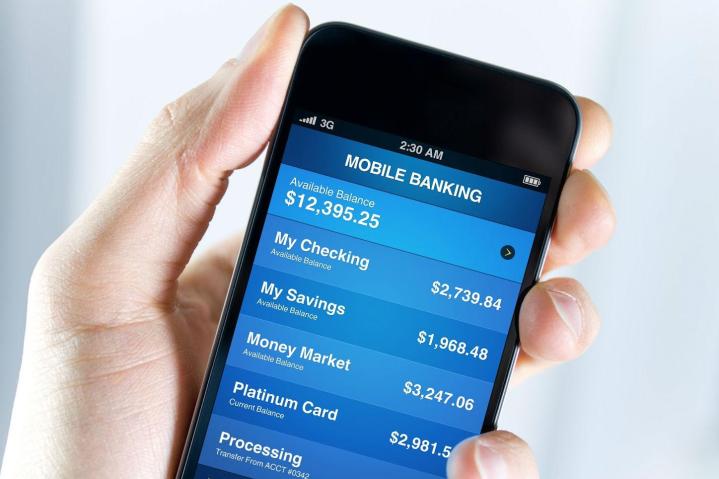
Fintonic, one of the most popular mobile banking apps in Spain and Latin America, took a closer look at the future of mobile banking, and found that residents of the U.S. are surprisingly skeptical about the viability of this 21st century form of banking. After surveying over 3,000 adults from the U.S., Chile, and Mexico, Fintonic found that 26 percent of Americans say they would never use mobile-only banks, and are more bearish on the subject than their Latin American counterparts — just 12 percent of Mexicans and 16 percent of Chileans are this unconvinced about mobile-only banking.
One of the biggest reasons Americans cited for their reluctance to turn completely to their smartphones for their banking needs was the lack of interpersonal communication. It’s a curious complaint given the prevalence of email, text, and messaging services as primary forms of communication, but to be fair, it’s a bit different to share news with friends via text than it is to share a social security number with a robot. And that may be why 31 percent of U.S. respondents said they preferred to go to their bank and speak with someone in person.
Overall, Americans seem highly suspicious of mobile banking, and indeed, less excited about the prospect of turning their finances over completely to their phones. In fact, 36 percent say there’s not a need for mobile payment apps. This is probably due to the fact that 23 percent of Americans say they don’t trust the technology behind these apps. And just 11 percent of U.S. respondents told Fintonic that we would no longer need physical wallets in five years. Latin Americas, by contrast, are more optimistic — almost half of Chileans and over one-third of Mexicans think wallets will soon be obsolete.
“There is a huge demand among consumers in Latin American countries for better ways to manage their money and contract personal loans, creating a huge opportunity for Fintech companies in this region,” says Sergio Chalbaud, CEO and Founder of Fintonic. “We know firsthand how difficult it can be to manage finances and receive approval for loans in Latin American countries, and why it’s important to have support during the process. At Fintonic, our goal is to use a mobile-first way of banking to leverage big data, proprietary scoring, and machine algorithms to provide consumers with an unparalleled financial experience that is also aligned with the future of the industry.”
Editors' Recommendations
- 3 reasons why I’ll actually use Anker’s new iPhone power bank
- These are the weirdest mobile gadgets we’ve seen at CES 2024
- T-Mobile still has the fastest 5G, but its rivals are catching up
- The 5G speed race is over and T-Mobile has won
- I thought I would hate the Apple Watch Ultra, but I love it


